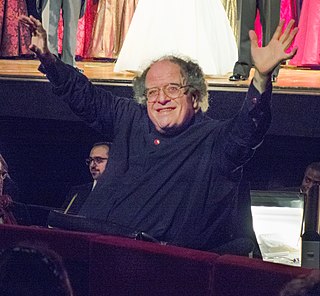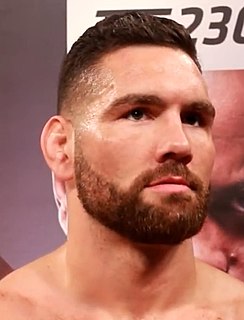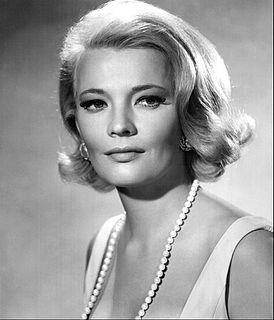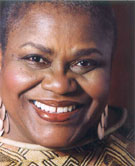A Quote by Daniel J. Boorstin
The mind is a vagrant thing ... Thinking is not analogous to a person working in a laboratory who invents something on company time.
Answering criticism that the book for which he won a Pulitzer Prize was written in the years he had been employed at the Smithsonian. He specified that did not write on the premises there, but only at home outside of working hours.
Related Quotes
What an astonishing thing a book is. It’s a flat object made from a tree with flexible parts on which are imprinted lots of funny dark squiggles. But one glance at it and you’re inside the mind of another person, maybe somebody dead for thousands of years. ... Books break the shackles of time. A book is proof that humans are capable of working magic.
I was certainly seriously emotionally affected [ when Louise Hillary and Belinda Hillary died], but we were building the hospital at the time and I decided that the only thing to do was to carry on and complete the hospital - and it was a jolly good hospital too, I might say. So I really did it by working and working on the things that Louise and I had been working on.
My father was only born something like 30 years after the Civil War ended, 35 or 40. He was born closer to that than the era in which he died. He was born in 1891, no television, no phones, barely any electricity. He wrote a book to all of us that was really just a compilation of the letters that he had written over the years to my grandmother when they were courting, in the horse and buggy era. Everybody said, "When did you have time to do this?" Relating their own lives to his. He said, "What do you mean, when did I have time? This is all we did." There was no TV, none of that.
Perhaps the worst example of Smithsonian contempt for Jesus Christ is seen in its 1994 publication of a coffee-table book entitled Smithsonian Time Lines of the Ancient World ... This flagrant display of religious bigotry and discrimination in a book officially sponsored by the Smithsonian is intellectually and academically dishonest.
I watch something in the gym, try to do it and may not get it. When I go home that night and my wife is talking to me and I'm not answering her, it is because I'm visualizing that thing I'm working on. I'll do that all day long. Before I go to bed I'm still thinking about it, and that happens until I can see myself doing it.
I had written a book. For various reasons, the publishing industry had decided that my book was going to be 'important.' The novel had taken me 12-and-a-half years to write, and after being with the book for so long, I had no real perspective on the merits or demerits of what I had written. I hoped it was good, but feared that it wasn't.
I got a part opposite Edward G. Robinson in a play called Middle of The Night, which Paddy Cheyafsky had written. It played for a long time because everybody just loved Edward G. Robinson, everybody in New York wanted to see it. John and I were married at the time and put into a position where I was working very long evening hours and he was working in the daytime and so there was a lot of spare time.







































